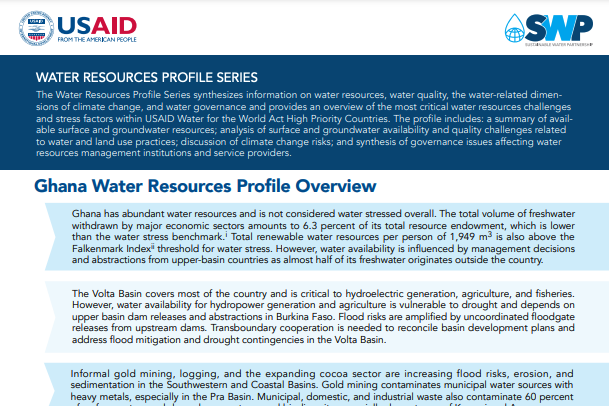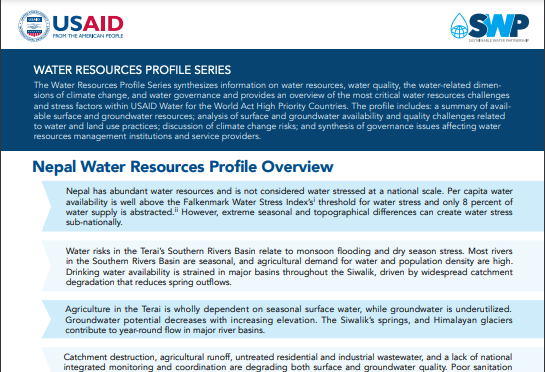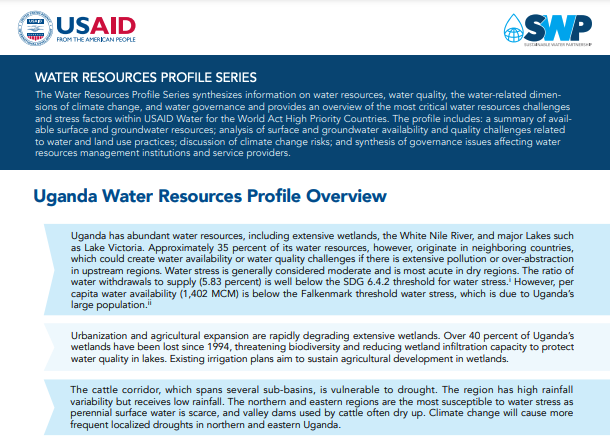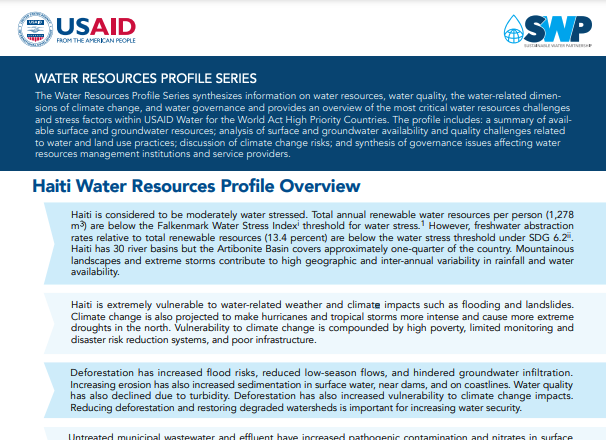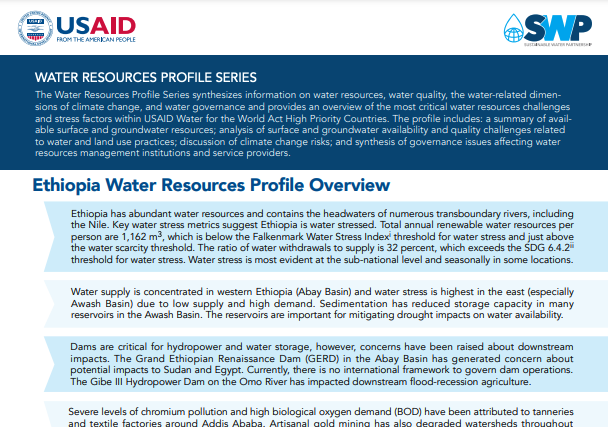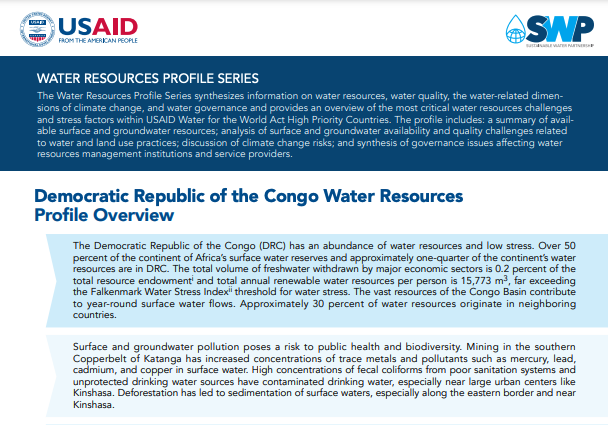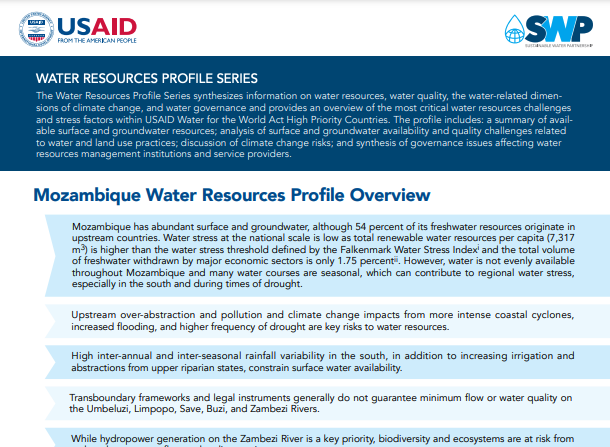Resources
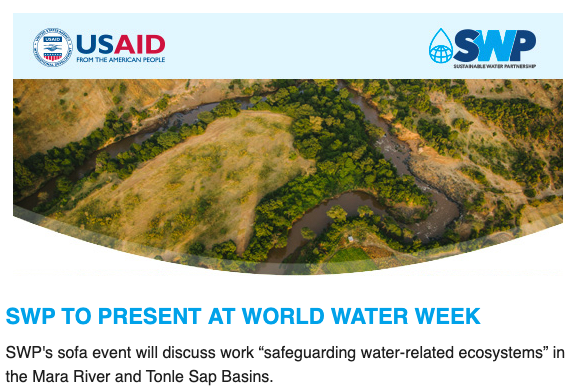
August 2018 SWP Newsletter
SWP’s sofa event will discuss work “safeguarding water-related ecosystems” in the Mara River and Tonle Sap Basins. In this issue: – SWP to Present at World Water Week – Seminar: Seeing Forests for Water – Local Investment, Lasting Impact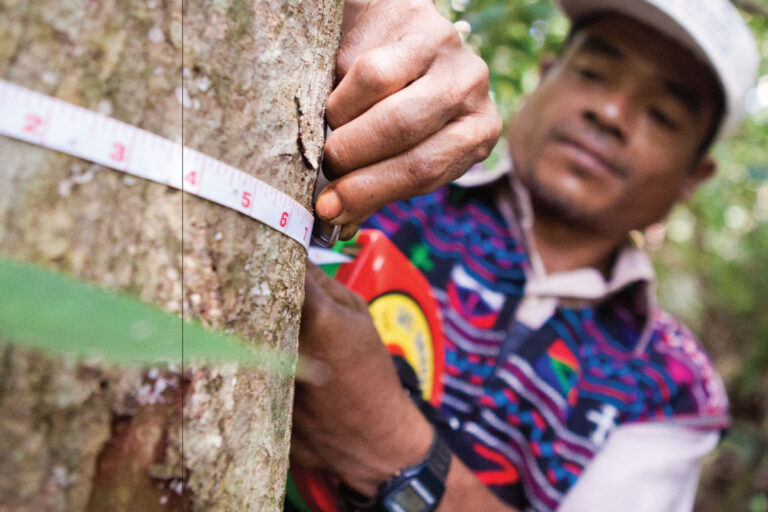
Guidance on Participatory Carbon Monitoring
This guidance document is an output of the project ‘Delivering Multiple Benefits from REDD+ in Southeast Asia’ (MB-REDD), implemented by SNV – The Netherlands Development Organisation in collaboration with the ‘Lowering Emissions in Asia’s Forests’ (LEAF) project. The MB-REDD project is part of the International Climate Initiative. The German Federal Ministry for the Environment, Nature […]

